Cox’s Bazar, July 12 (V7N) – Not only from Myanmar, but now Rohingya refugees are entering Bangladesh from India as well. In the last three months, thousands of UN-registered Rohingyas have reportedly crossed into Bangladesh from various Indian states via Kolkata, using networks of human traffickers and brokers. Their final destination remains the already-overburdened refugee camps in Cox’s Bazar, via routes through Moulvibazar, Comilla, and Brahmanbaria.
These developments have added a new dimension to the ongoing Bangladesh-India border tensions. According to sources, India’s Border Security Force (BSF) has intensified push-ins of Rohingyas into Bangladesh under the cover of night. Victims of such forced repatriation claim that they were gathered near the border under various pretexts and then sent across in groups of 15–20 people. Many of them reportedly had their money confiscated in the process.
What’s more concerning is that a significant number of these Rohingyas were registered with the United Nations High Commissioner for Refugees (UNHCR) in India. These individuals say that due to India’s internal political climate—marked by the recent Rajya Sabha elections and rising tension with Pakistan—restrictions were imposed on their movements. Many lost their jobs and faced arrest threats, prompting them to flee.
For instance, Musa, a Rohingya man who had been living in a camp in Hyderabad, said that during the India-Pakistan conflict over Kashmir, he became jobless due to movement restrictions. Fearing arrest, he contacted friends in Cox’s Bazar and eventually made his way to Bangladesh through a broker.
Others are making the journey independently, citing fear of arrest and political repression in Indian states, especially ahead of local elections. In some regions, Muslims are reportedly being detained arbitrarily, a trend that has alarmed many refugee communities.
Bangladesh’s government is aware of both the push-ins and the voluntary infiltrations. Most of the newly arrived Rohingyas from India are not officially registered in Bangladesh, adding pressure on the already strained refugee support system, particularly as international aid continues to decline.
Refugee Relief and Repatriation Commissioner Mizanur Rahman acknowledged the new wave of arrivals. “Some Rohingyas are voluntarily coming from India when they face arrests. But India knows very well that these people are not from Bangladesh—they are residents of Arakan,” he said.
“There must be a bilateral discussion on this issue. Bangladesh does not deserve to bear this burden alone.”
Despite increased vigilance and patrols along the Bangladesh-India border, the infiltration continues unabated. Analysts fear that if this situation persists, the existing Rohingya crisis will worsen, both in terms of humanitarian strain and regional diplomatic fallout.
END/RH/AJ




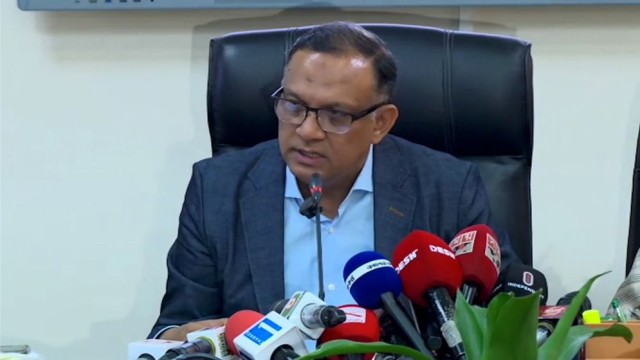
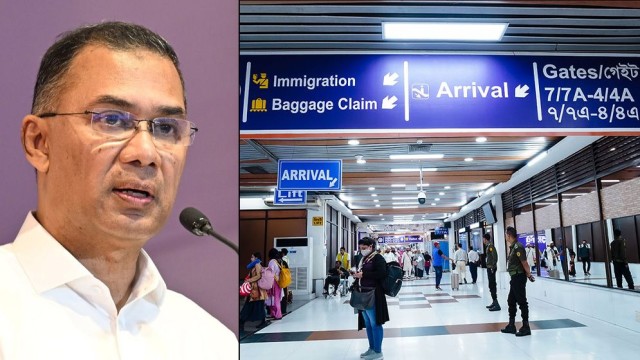
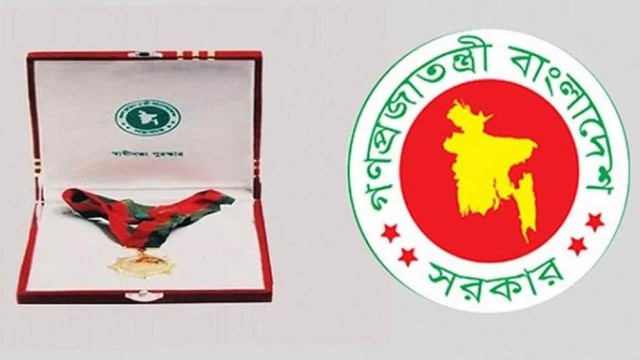
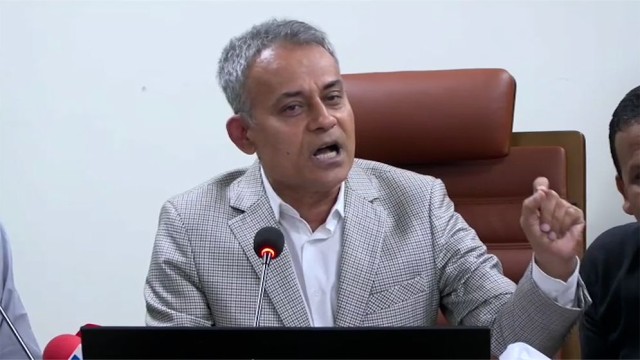
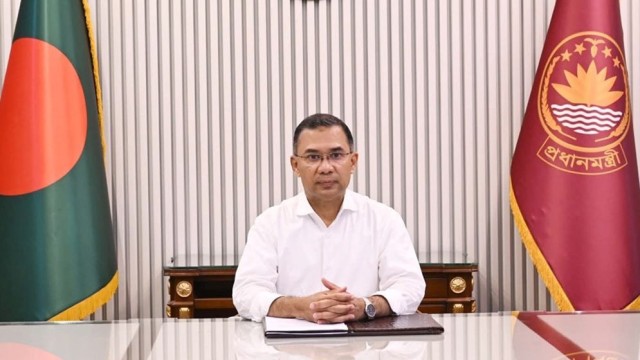
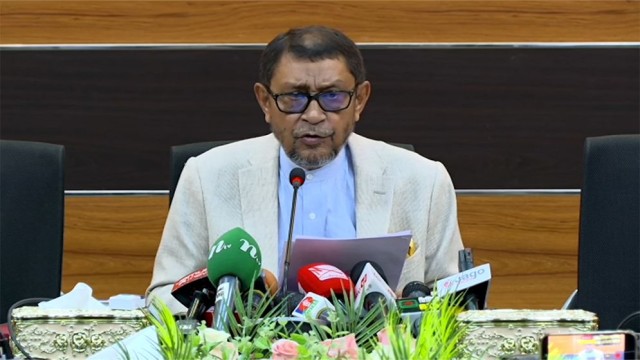
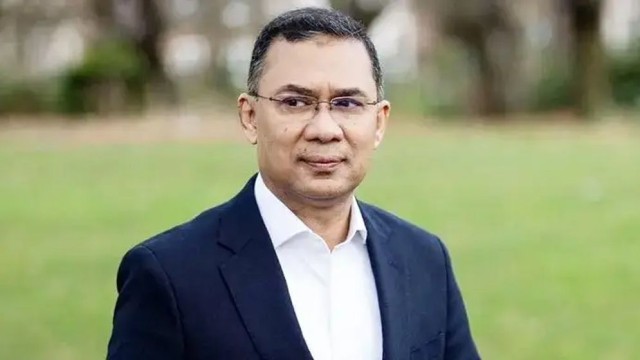


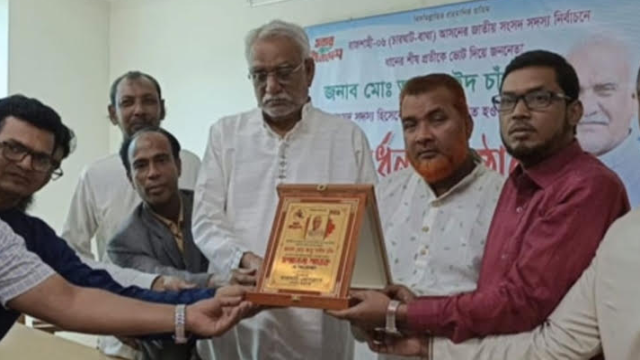
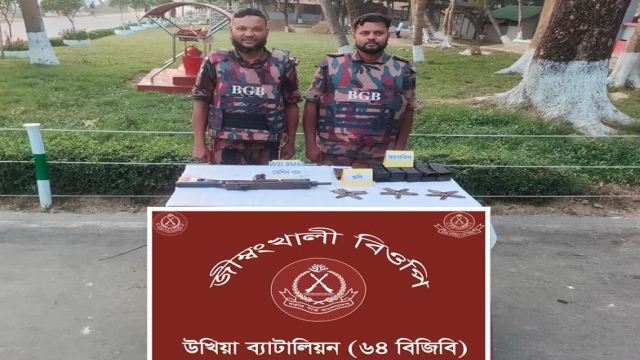
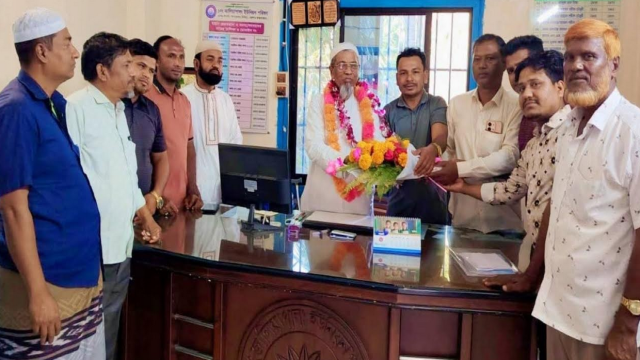
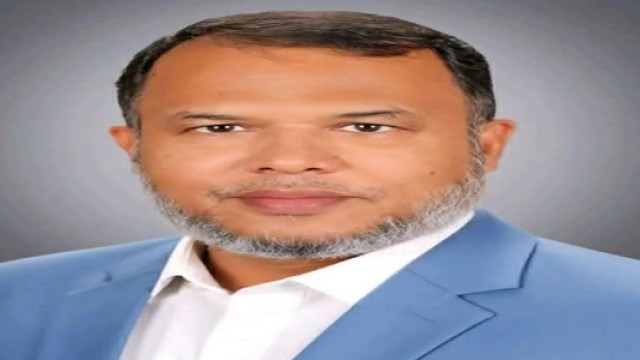

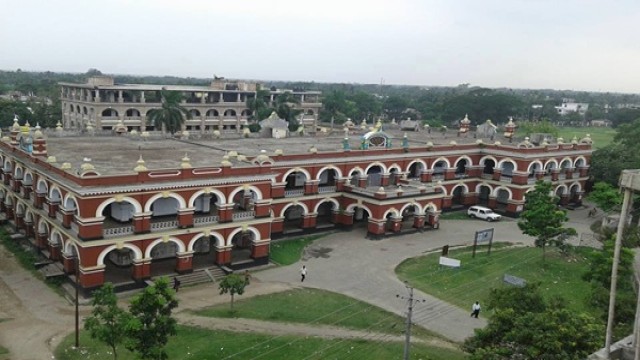




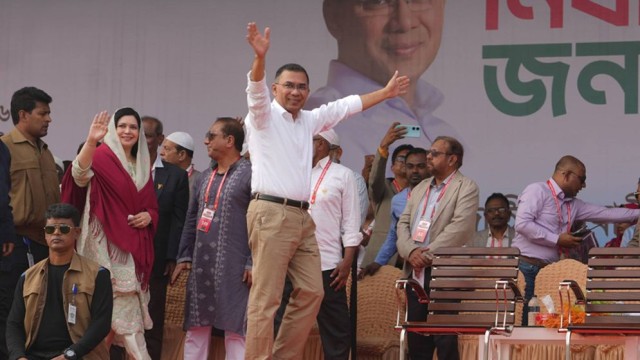
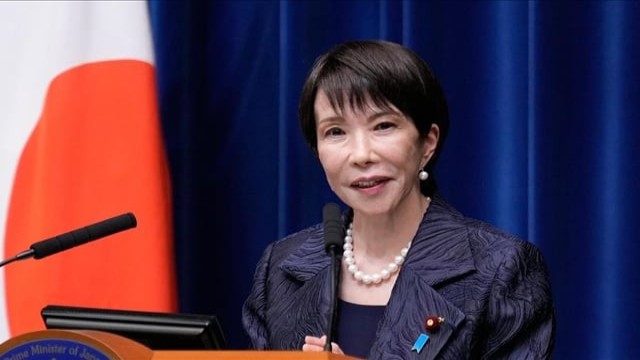
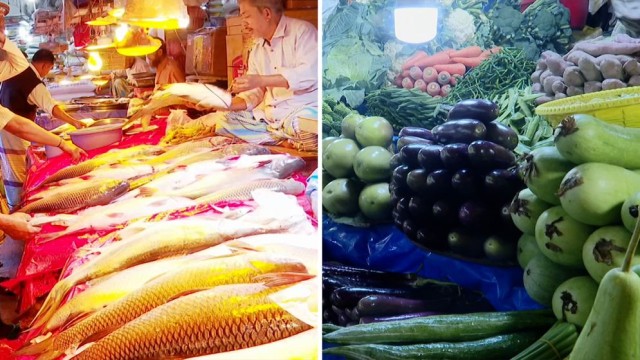
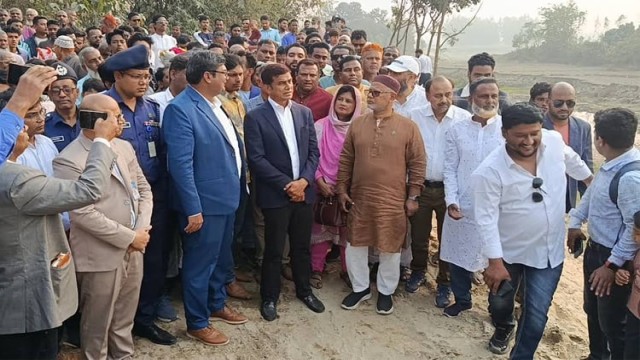
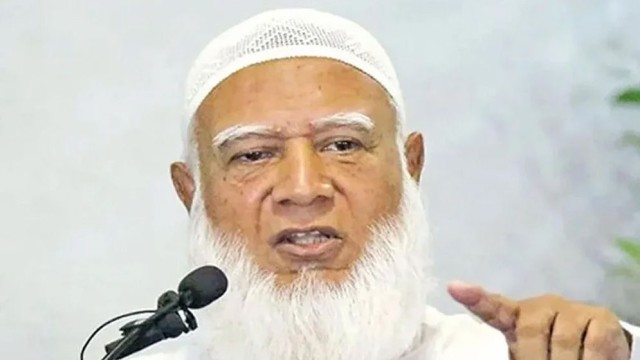
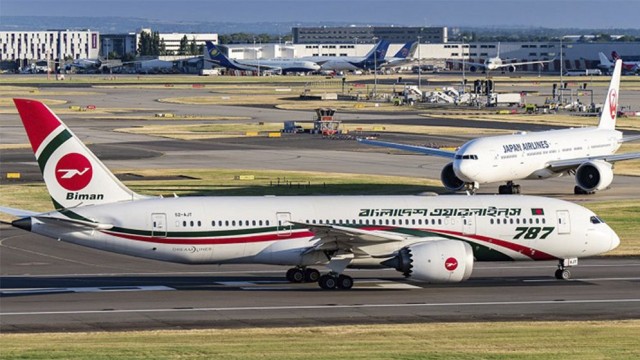
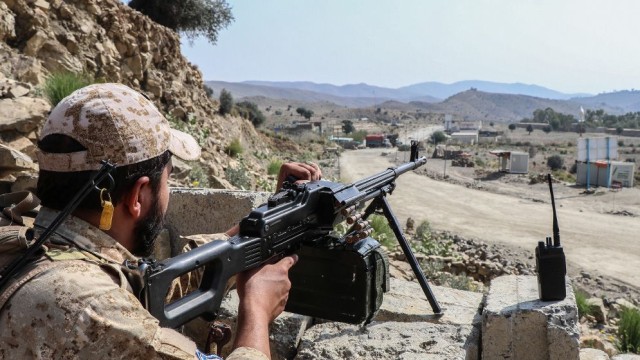

Comment: